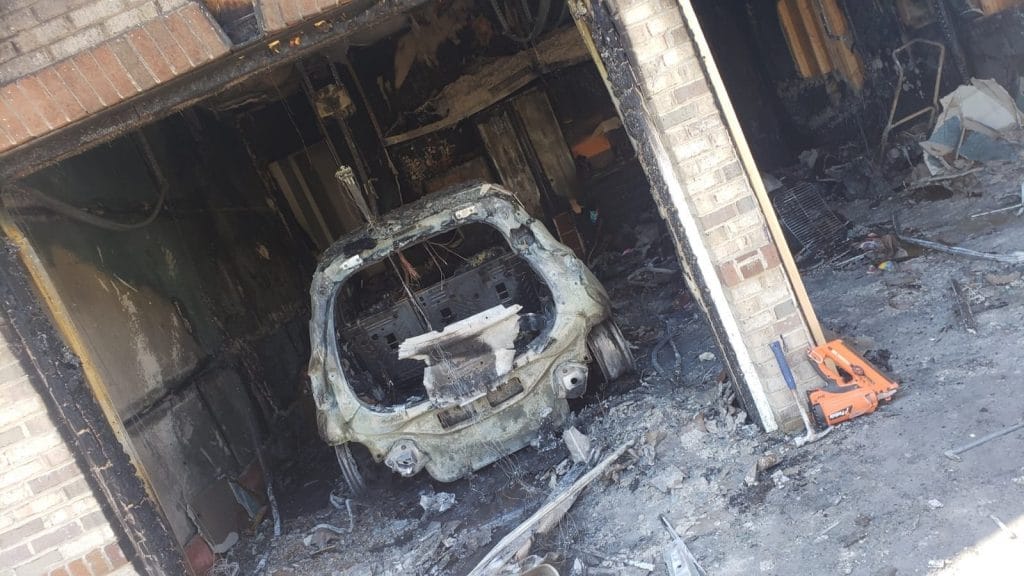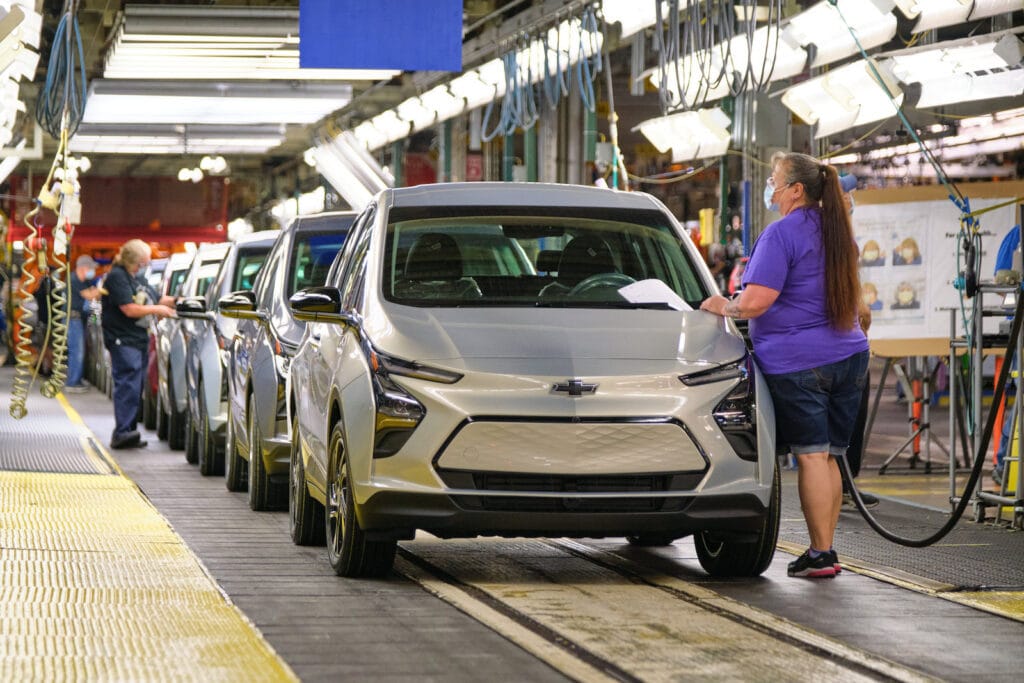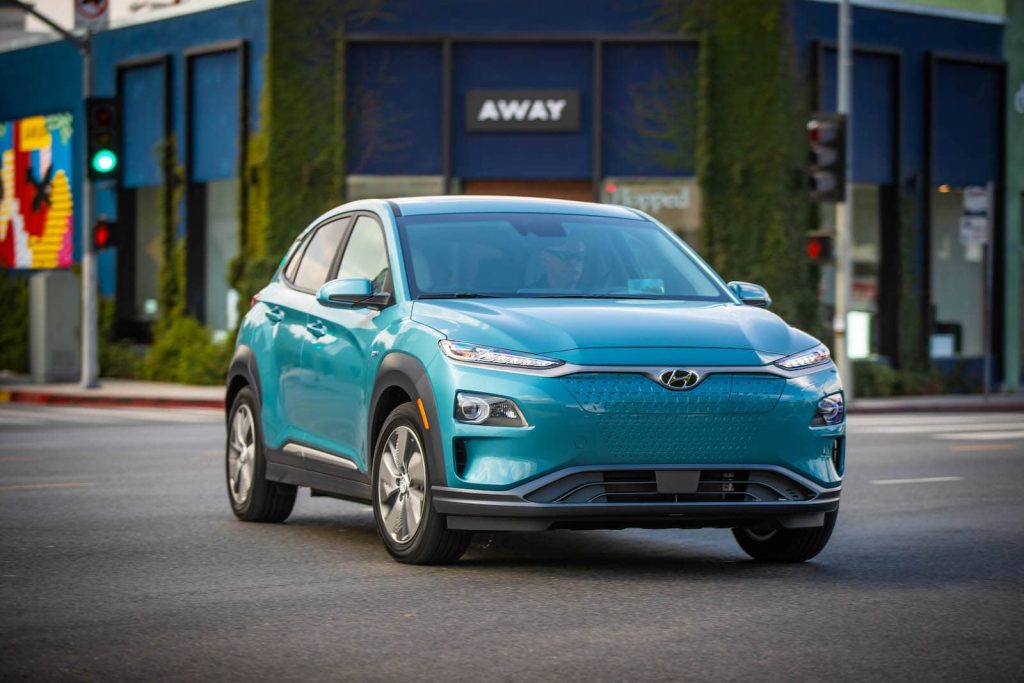Federal regulators have launched an investigation involving battery fires and other problems that have forced the recall of nearly 140,000 vehicles built by five different automakers.

The common thread is the use of lithium-ion batteries produced by South Korean supplier LG Energy Solution.
“We understand NHTSA’s latest request is a follow-up procedure to determine if the same or similar batteries involved in the recalls were supplied to other OEMs,” the battery manufacturer said in a statement. “LG Energy Solution will fully cooperate with the inquiry.”
The auto industry is in the midst of a rapid transition from internal combustion engines to all-electric propulsion. But there has been growing concern about lithium-ion batteries over their risk of catching fire. That has led to a number of recalls in recent years by manufacturers including Ford, BMW and Tesla, currently the largest BEV manufacturer.
Feds now looking into problems

But the National Highway Traffic Safety Administration’s new probe is focused on LG Energy Solution. It has become one of the world’s largest suppliers of lithium technology, but has been involved in several troubling recalls.
Since February 2020, a total of 138,324 BEVs and hybrids using LGES batteries have been recalled due to problems that include unexpected stalling. The bigger concern is that faulty batteries can short out and catch fire.
That led General Motors to temporarily halt production of its Chevrolet Bolt EV and Bolt EUV models late last year while recalling all models already on the road. It has been replacing their battery packs with newer ones deemed to be at lower risk of catching fire. GM only resumed production of the two Bolt models this week, also using newer batteries.
Along with GM, Hyundai, Mercedes-Benz, Stellantis and Volkswagen have ordered recalls involving LG Energy Solution batteries during the past 26 months.
Fire issues

Fires involving battery-electric vehicles have made headlines, though that simply may be due to the fact that such vehicles are still unfamiliar to most Americans, said Sam Abuelsamid, principal auto analyst with Guidehouse Insights.
Data tracked by the insurance trade group, the Highway Loss Data Institute, finds that EVs have experienced almost exactly the same number of non-crash fire claims as vehicles with internal combustion engines. GM’s Bolt recall was triggered by just 10 reported fires.
Nonetheless, Abuelsamid cautioned that the perceived risk of fire could prove as much an obstacle to widespread consumer acceptance of EVs as range anxiety and the lack of a nationwide charging infrastructure.
Along with the Bolt, the LG Chem batteries have been involved in recalls of Mercedes’ Smartfortwo electric vehicle and the battery-electric version of the Hyundai Kona.
As a result of the extensive Chevy Bolt recall, LG Energy Solution has agreed to reimburse General Motors $2 billion. But the two companies maintain a partnership that will see GM set up a number of battery plants across North America. The automaker has noted that these plants will produce a new type of battery, dubbed Ultium, which it claims has a lower risk of fire and other issues.







